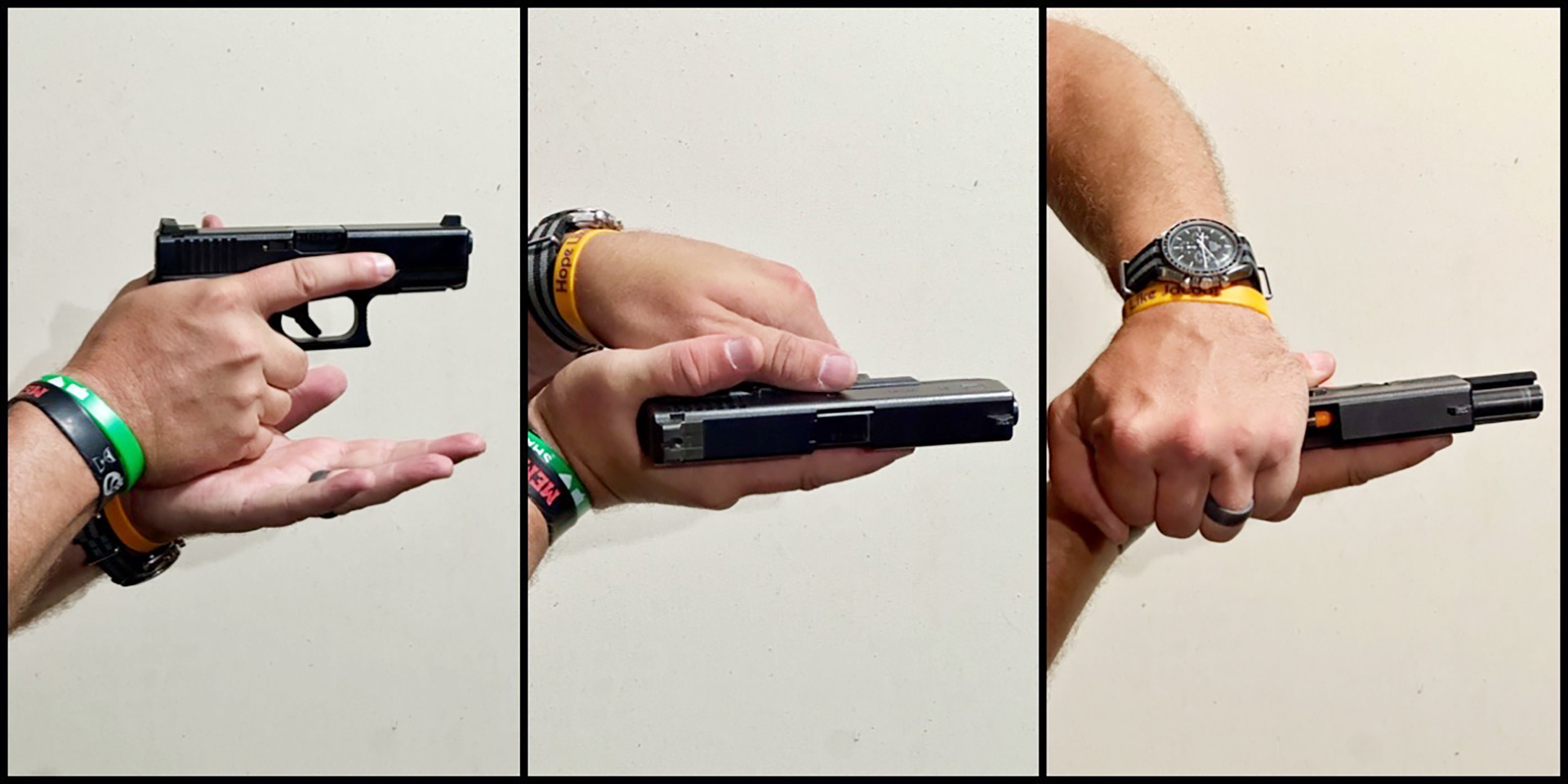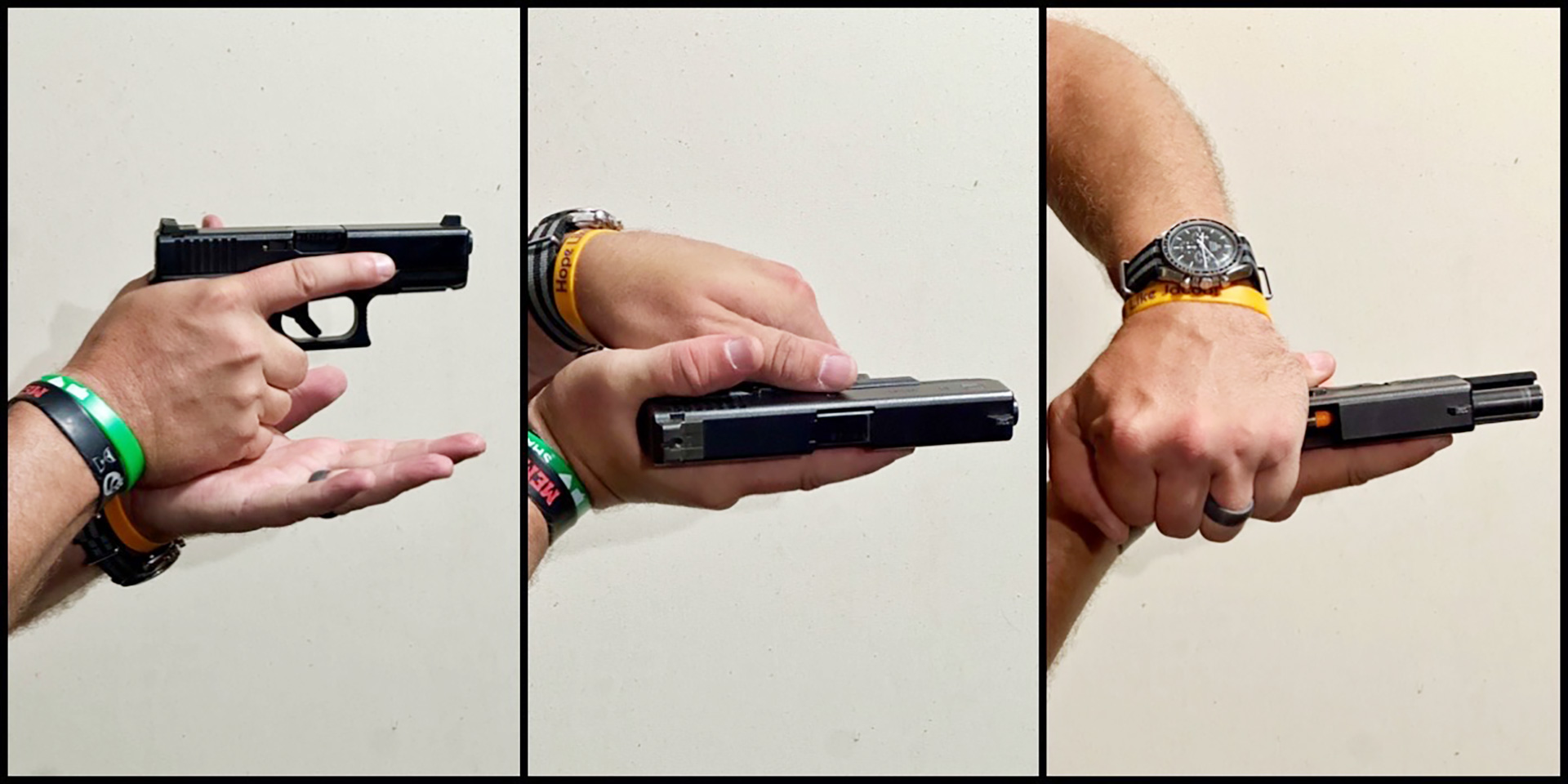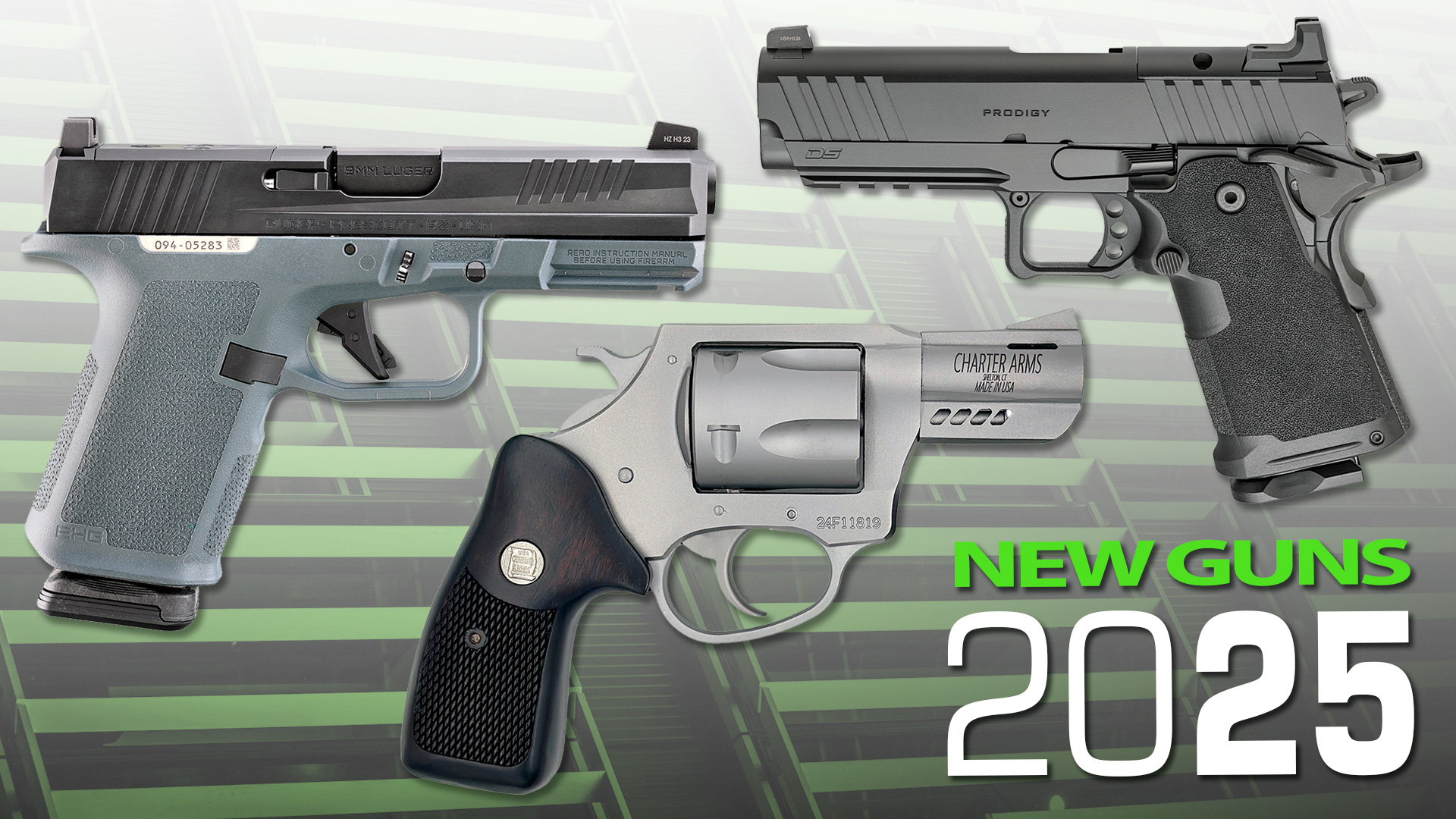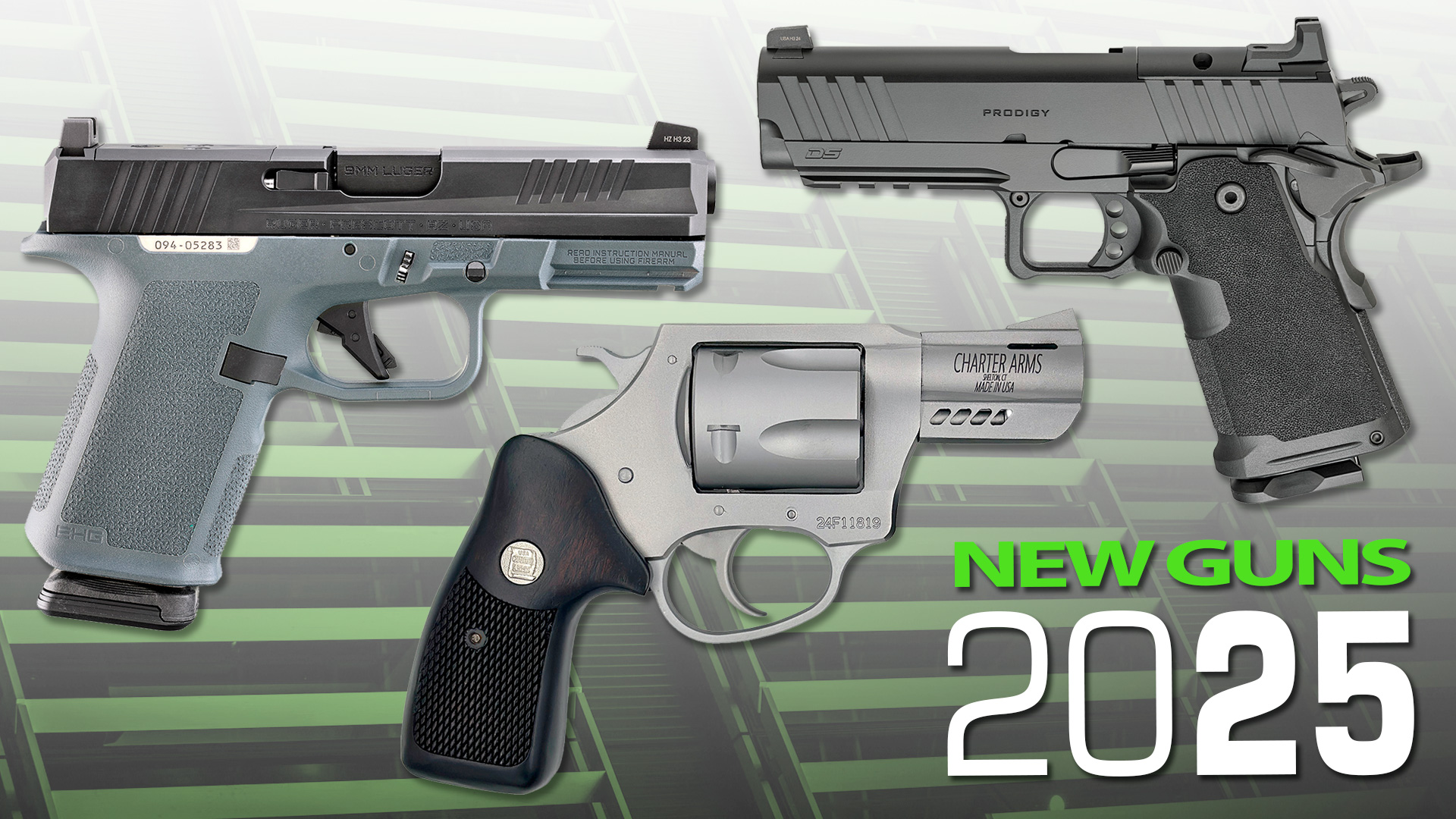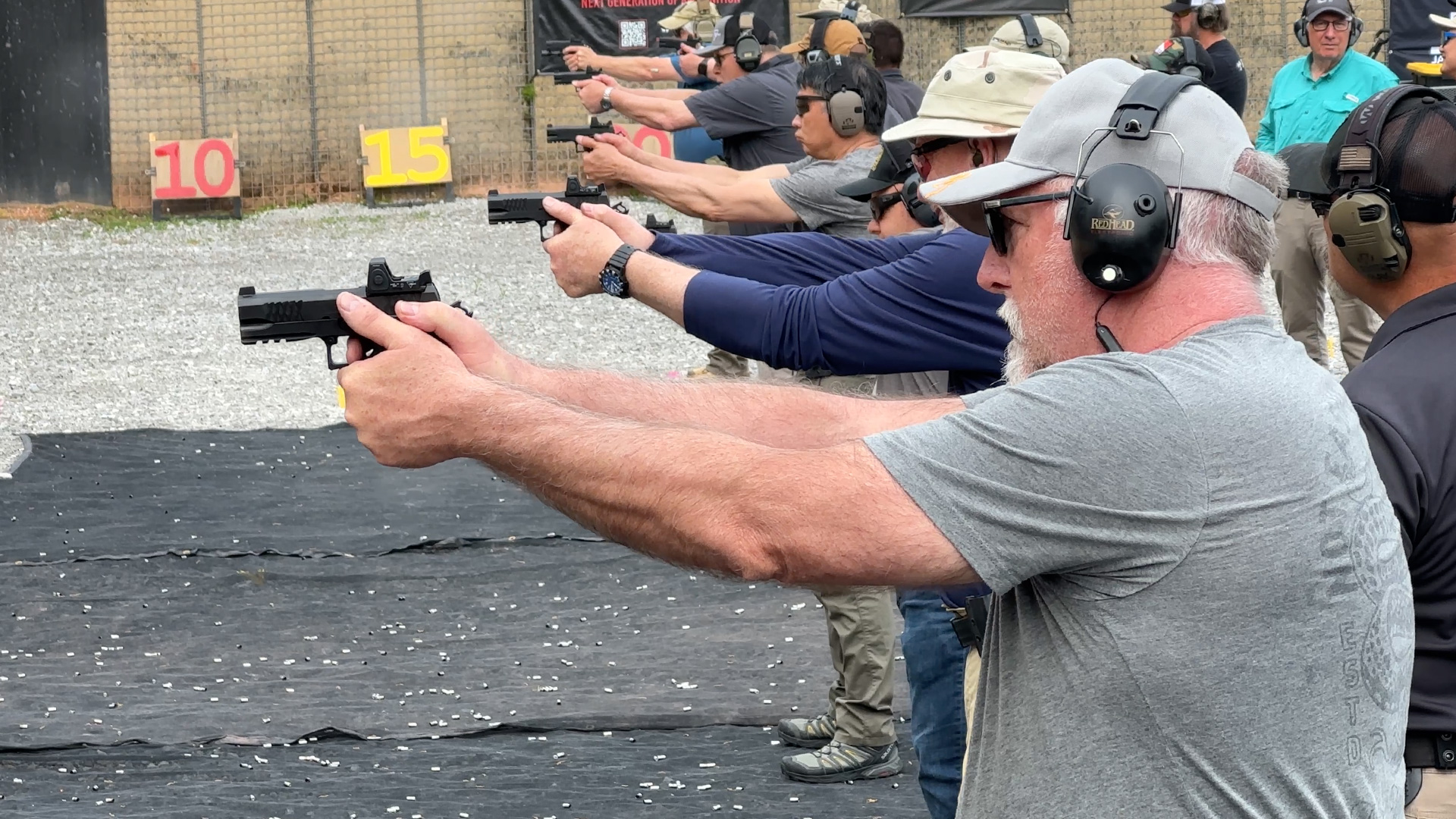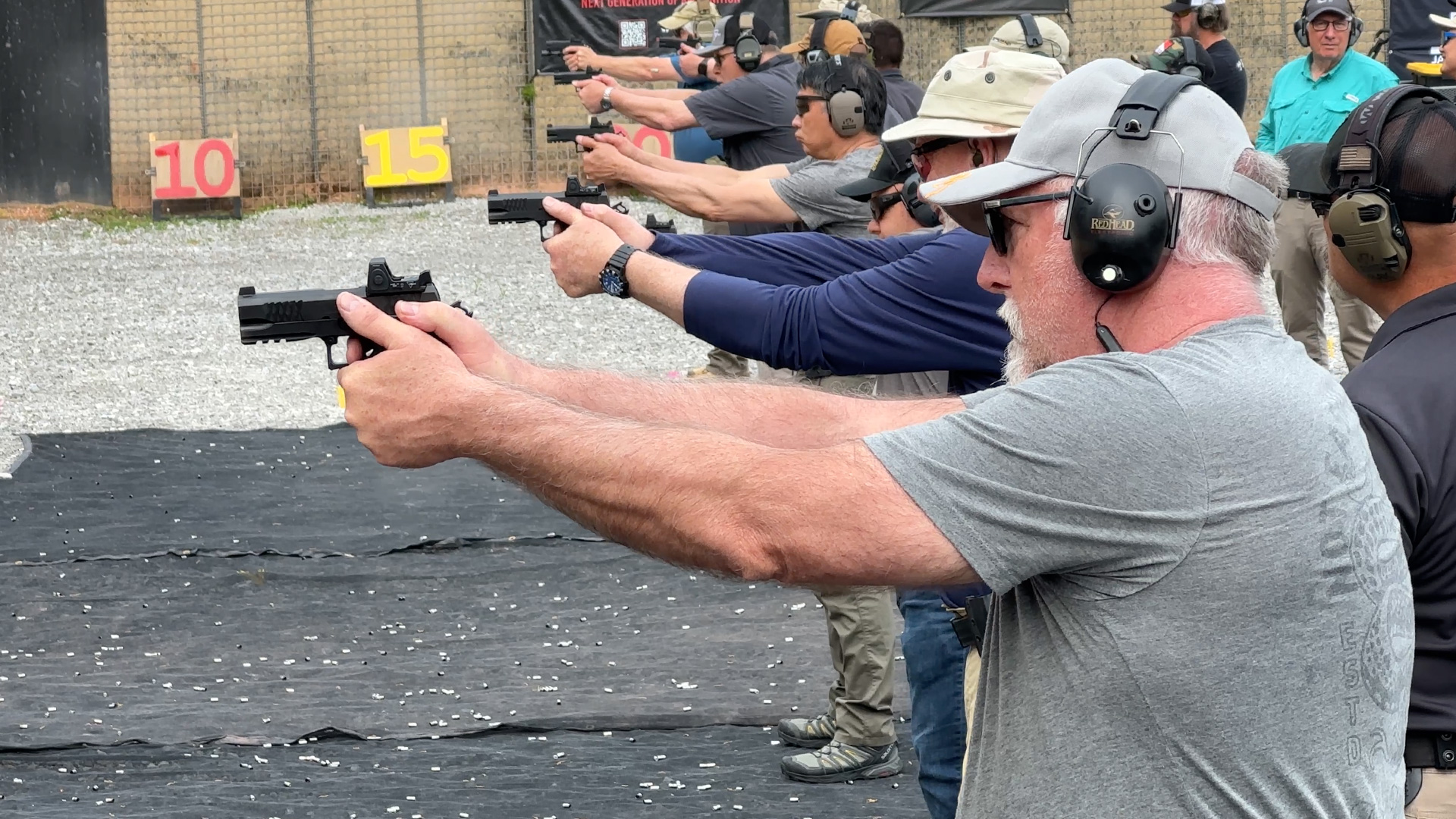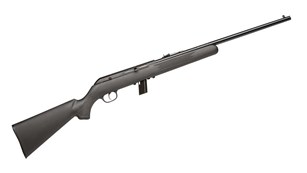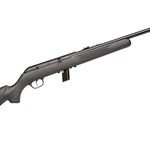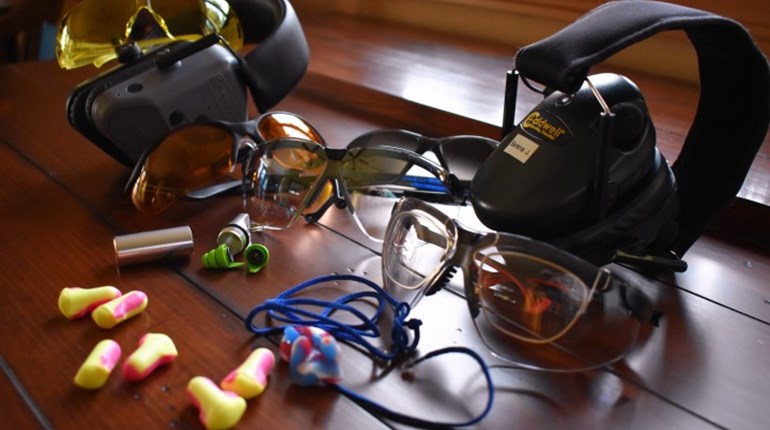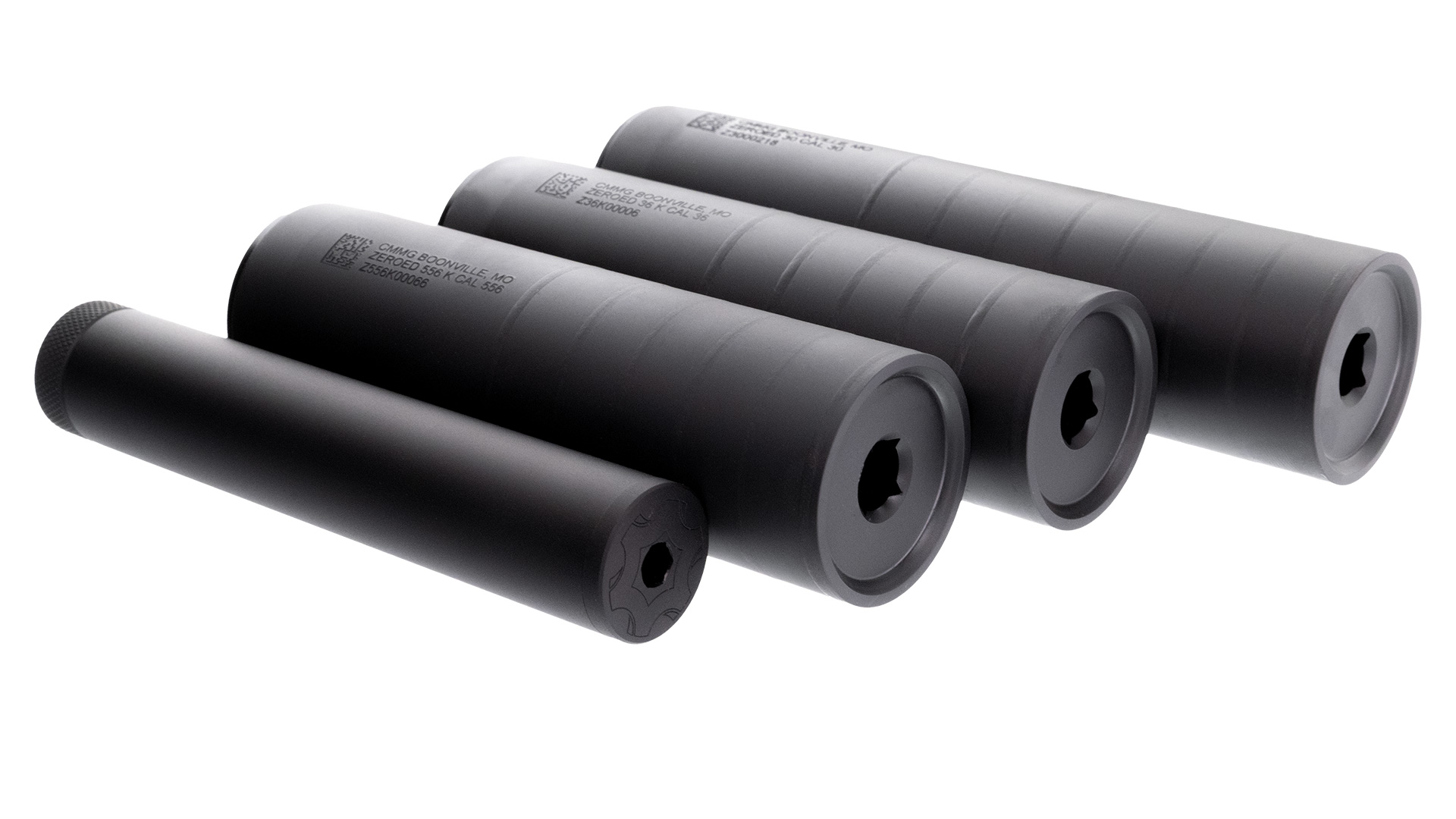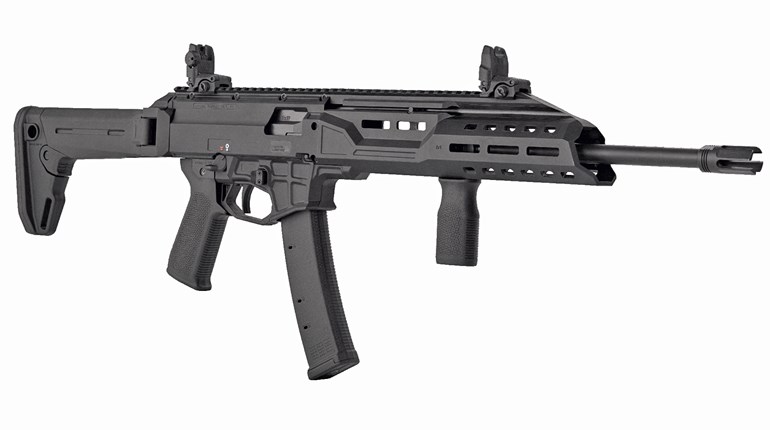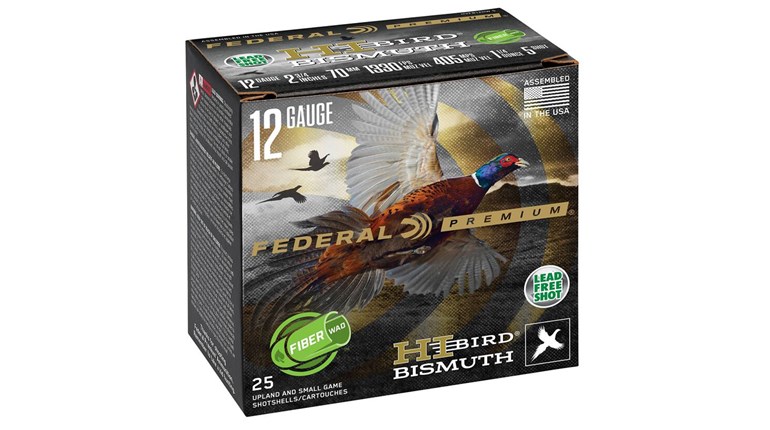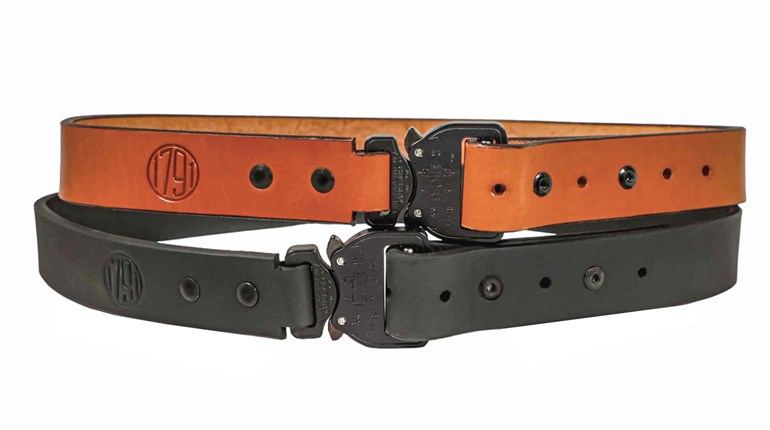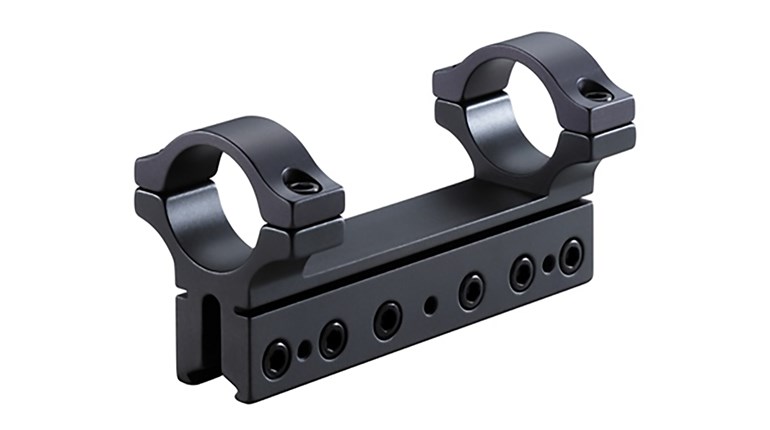
As a firearms instructor, new shooters often ask me what accessories they need to buy after purchasing their first handgun, or what additional items they need to bring to shooting classes. The items below will help you get the most out of your practice time and help you on your way to defensive-shooting proficiency. They are listed generally in order of priority:
Eye Protection
Ballistic eye protection is a non-negotiable safety item that everyone should wear every time they go to the range. Many ranges will rent or loan eye protection, but if you plan to shoot even semi-regularly, the first item I’d recommend you purchase are ballistic shooting glasses. Shooting glasses can be bought at your local gun shop, sporting goods store or online. The most basic models will cost around $10, and the most expensive brands can cost over $100. With the least expensive options you get basic eye protection, but these lenses will typically scratch easily and are more prone to breaking at vulnerable points like the earpiece hinges. If you wear prescription glasses, there are inexpensive options that will fit over your glasses so you are protected but can still see. As you go up in pricing, you get better lens clarity, scratch resistance, interchangeable lenses (clear and shaded lenses, for example), and better fit, comfort, and durability. For those who wear corrective lenses, higher end shooting glasses also often provide the option of prescription lenses. If you opt for the more basic options, buy a clear lens set and shaded set of shooting glasses so you’ve got a pair for indoor and outdoor ranges. If you buy a higher end set of glasses, consider getting one with an interchangeable lens set that will allow you to switch lenses for different lighting conditions.
Hearing Protection
Here the options also range from very inexpensive to over a hundred dollars or more. Simple foam ear plugs will suffice for outdoor ranges, and a package of 50 to 100 ear plugs can be bought for less than $10. At indoor ranges, where the gunfire noise is amplified, double hearing protection is prudent, meaning layering ear plugs with a pair of shooting earmuffs. Basic shooting muffs can be bought for as little as $10 to $15. Another great option is called “active hearing protection.” These commonly come in the form of shooting muffs that run on battery power, which filter out high-decibel noises such as gunfire, while amplifying normal decibel noises like the voices of those around us. Aside from being convenient, this allows us to hear range commands from safety officers or firearms instructors, and many instructors require active hearing protection for their classes to ensure their students can hear their instructions. Active hearing protection earmuffs can be found for $40 to $50, and is an excellent and highly recommended for those who can fit them in the budget.
Cleaning Kit
While modern handguns do not typically require to be kept spotlessly clean and “white glove” cleanliness in between every range session is not required, having a cleaning kit is a good idea. Keeping your handgun properly lubricated is the most important aspect of reliability, as a lubricated dirty gun will typically function better than a clean by dry gun. While there are many pre-made kits available, here’s a few items that will help you keep your handgun clean enough and well-lubricated:
- A nylon-bristled brush
- A bronze-bristled brush
- A “bore-snake” style bore cleaning device
- Some form of cleaning solvent
- Some cotton swabs
- A rag or paper towels
- A small bottle of gun oil.
You can put these items in a small shaving kit and clean and lubricate your handgun anytime it needs it, whether at the range or at home.
Spare Magazines
Most new semiautomatic handguns come with one to three magazines when you buy them. If you intend to train and practice regularly, buying another two to four magazines is another excellent investment. Magazines are items that wear out over time, and having at least five magazines can disperse the wear and tear of range practice and help each of your magazines last longer. Additionally, if you’ve only have a couple magazines, it can be annoying spending range time having to stop your range session to reload your magazines so frequently. Arriving at the range with four or five magazines already loaded can maximize your time on the range and limit the number of times you have to stop to load mags. Finally, having additional magazines allows you to have dedicated defensive magazines and separate training magazines. If you intend to practice a lot, then it is a best practice to at least a couple magazines that you shoot enough to prove they are reliable (let’s say 100 rounds with no malfunctions), then load them with defensive ammunition and keep them dedicated to that purpose. Then practice with the remainder of your magazines and let your “training mags” absorb the routine wear and tear of your practice sessions.
Speed Loader
This is an optional item, but for those who need them they are an important item for practice, especially for high-round-count training classes. A speed loader is a tool that helps you load rounds of ammunition into your magazine and can be especially helpful for those with reduced hand strength, or those who haven’t quite mastered the technique of loading individual rounds into their magazines. Some manufacturers include a speed loader with their accessory kit, but if you did not receive one with your initial purchase you can find them online or at gun shops for $10 to $25. Make sure the speed loader you buy is for your specific magazines and caliber, as they are not “one size fits all.” Note: For you revolver shooters, buying a few revolver speed loaders for your make, model, and caliber of handgun is likewise a great investment that will help you get more out of your practice time and dramatically improve your experience at classes.
Shot Timer
If you are serious about improving your performance, then you’ve got to be able to measure it. As I’ve previously written here, shot timers and the feedback about our performance they provide can lead to progressive goal-setting and measurable improvement in our shooting performance. If you are not sure about the value of shot timers or are on a limited budget, free or inexpensive shot timer apps are available for your smart phone that function with varying degrees of reliability. If you want to buy a dedicated shot timer that is precise and reliable, you can get good ones in gun stores or online for between $100 to $200.

Comfort Items
Finally, and something seldom discussed, are comfort items that can make a long range day or shooting class much more enjoyable. For longer practice sessions or classes at outdoor ranges, consider purchasing the following items:
- A comfortable camp chair
- A portable shade structure
- A collapsible utility wagon in which to haul all your range gear
The ability to pull all of your gear in a wheeled cart and then get off your feet to take breaks in the shade is something that will make range trips and training classes far more enjoyable.
The one item I didn’t mention that is essential for those who intend to carry their defensive handgun is a quality holster, but you can find more information about that here. If you’ve just purchased your first handgun or are getting serious about improving your skills, it can be difficult navigating the maze of firearms marketing to determine where you actually need to allocate your budget to get the most out of your range or training class time. The above list is a good starting point.
